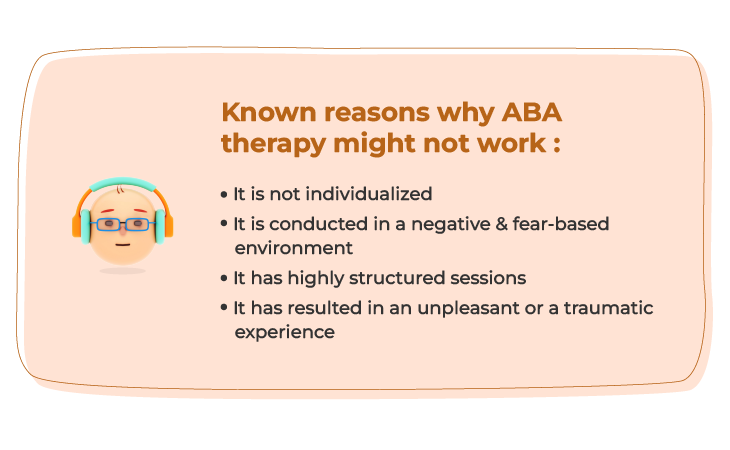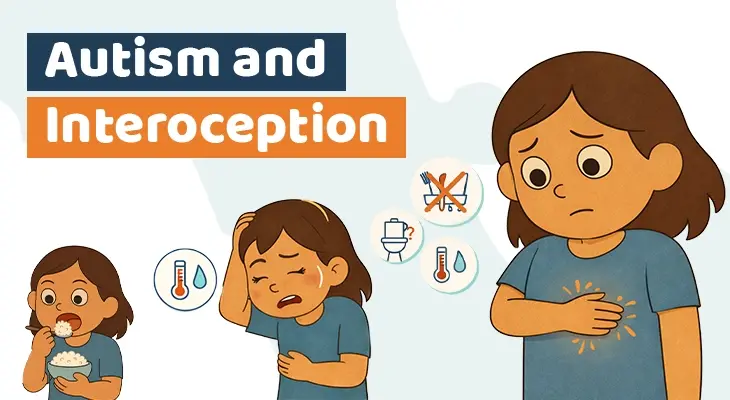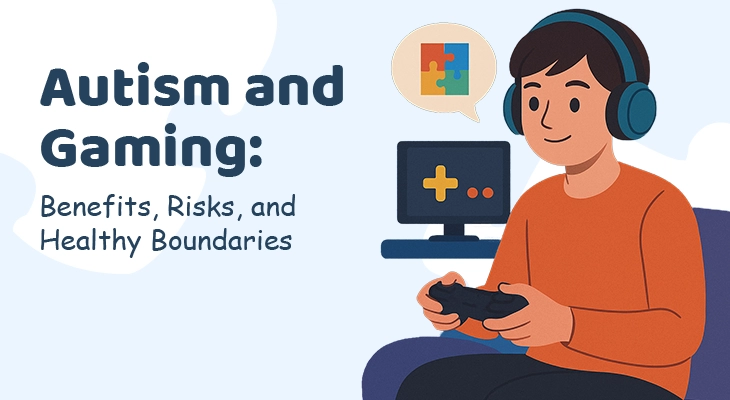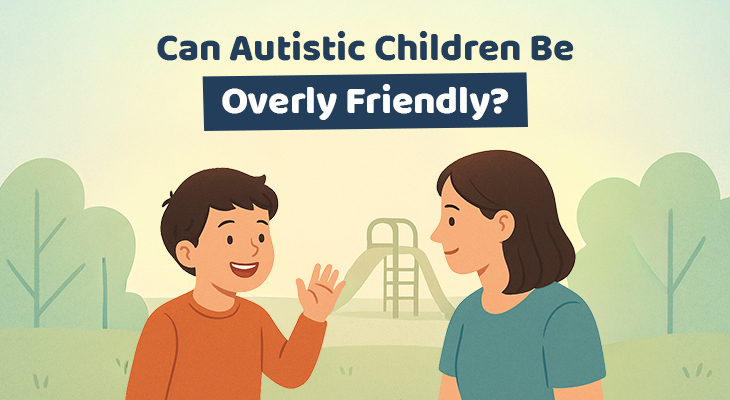Introduction
Applied Behavior Analysis (ABA) therapy is a widely used intervention for autism spectrum disorder (ASD). However, its effectiveness can vary depending on individual needs and implementation. This blog post delves into some of the reasons why ABA therapy might not work for everyone, exploring both established limitations and emerging areas of research.
Known reasons why ABA therapy might not work
ABA therapy’s effectiveness can vary depending on individual needs and implementation. Let’s delve into some known reasons why ABA therapy might not work for everyone.
ABA therapy might not work when it is NOT INDIVIDUALIZED
ABA therapy thrives on personalization. But when it becomes generic, problems arise. Without considering the “why” behind behaviors, ABA therapy can struggle. ABA therapy is most effective when tailored to the specific needs, learning styles, and preferences of the autistic individual. A therapist who uses a one-size-fits-all approach or doesn’t consider these factors may not see progress.
ABA therapy might not work because of a NEGATIVE & FEAR-BASED ENVIRONMENT
Using punishments like negative reinforcement or demanding complete compliance can create a stressful and scary environment for the child.
Therapists who disrespect natural behaviors such as insisting on eye contact or punishing fidgeting don’t consider the child’s comfort level and natural tendencies. This can make therapy unpleasant and lead to resistance.
ABA therapy might not work due to HIGHLY STRUCTURED SESSIONS
ABA therapy sessions can be highly structured and involve a lot of repetition. This might overwhelm a child with sensory sensitivities, making it difficult for them to focus or learn.
ABA therapy might not work due to UNPLEASANT OR TRAUMATIC EXPERIENCE
If the therapy experience is unpleasant, stressful, or even traumatic for the child, they might disengage and resist further sessions. This can hinder any potential benefits.

Download Download & share this Knowledge card in your network [Free Download]
Lesser-known factors that might influence the effectiveness of ABA therapy
We’ve examined some established limitations of ABA therapy. But the story doesn’t end there. Let’s delve into some lesser-known factors that might influence the effectiveness of ABA therapy. These are areas where research is emerging, and more studies are being conducted to fully understand their impact.
Cerebral Folate Deficiency
ABA therapy is a gradual process. However, if you feel a lack of progress even after investing adequate time and effort, and if none of the above known reasons seem to be contributing factors, then it’s important to explore alternative explanations. One such possibility is cerebral folate deficiency. This condition, primarily affecting children, can lead to a loss of mental and motor skills. Therefore, cerebral folate deficiency could be seriously undermining the expected progress of ABA therapy.
Hold on a moment. Cerebral folate deficiency? We were discussing autism. Is there a connection between the two?
Some research suggests a possible link between autism and a deficiency in cerebral folate. This could potentially limit the effectiveness of ABA therapy for those autistic children also found to have cerebral folate deficiency. On the other hand, correcting the folate deficiency may potentially improve the results of ABA therapy.
What is the most frequent cause of cerebral folate deficiency in autistic children?
Folate Receptor Autoantibodies (FRAs) are found to be the most common cause[3]. These autoantibodies are highly prevalent in children with ASD.
Is there a test that screens for Folate Receptor Autoantibodies?
Yes, FRAT® screens for folate receptor autoantibodies.

What is FRAT®?
FRAT® is a vital blood test that screens for Folate Receptor Autoantibodies, which are a contributing factor to cerebral folate deficiency, which has also been linked to autism.

Why FRAT® test in Autism?
In 15,000+ tests conducted so far, nearly 53% of them tested positive for folate receptor autoantibodies, indicating a form of cerebral folate deficiency syndrome.

Why do FRAT® right now?
Early diagnosis is the key to optimal treatment outcomes. With the information provided by FRAT®, you and your physician can explore alternate reduced folate treatments that can make a real difference!

What to do after FRAT®?
Insufficient folate can often be corrected with alternate folate metabolites that bypass the autoantibodies. Consult your physician for further information on available therapeutic approaches.
Kyra's Viral TikTok Video:
800K Views and a Life-Changing Discovery!
We were recently touched by Kyra’s heartwarming testimonial on TikTok. In her viral video (800K views, 79K likes, 27K shares, 33K bookmarks, and 3K comments!), she shared how the Folate Receptor Autoantibody Test (FRAT®) has positively impacted her son’s life.
Kyra describes how the FRAT® test, followed by treatment, led to her son developing a “new awareness of surroundings” and “increased verbalization”. We’re grateful for Kyra’s story and believe it can raise awareness about the potential benefits of FRAT®. See the video.
@kyra2532 LIFE CHANGING updates for children with autism. #autismmom #childwithautism #autismresearch #autismfamily ♬ original sound - Kyra
Note: This video is only available in
regions where TikTok is available.
Conclusion
Understanding the limitations of ABA therapy empowers us to explore a more comprehensive approach for supporting autistic individuals. This blog highlights the importance of exploring alternative explanations for a lack of progress and the potential role of Folate Receptor Autoantibody (FRAT®) testing in some cases. While more research is needed, Kyra’s story serves as a testament to the potential benefits of exploring new avenues in autism treatment.




